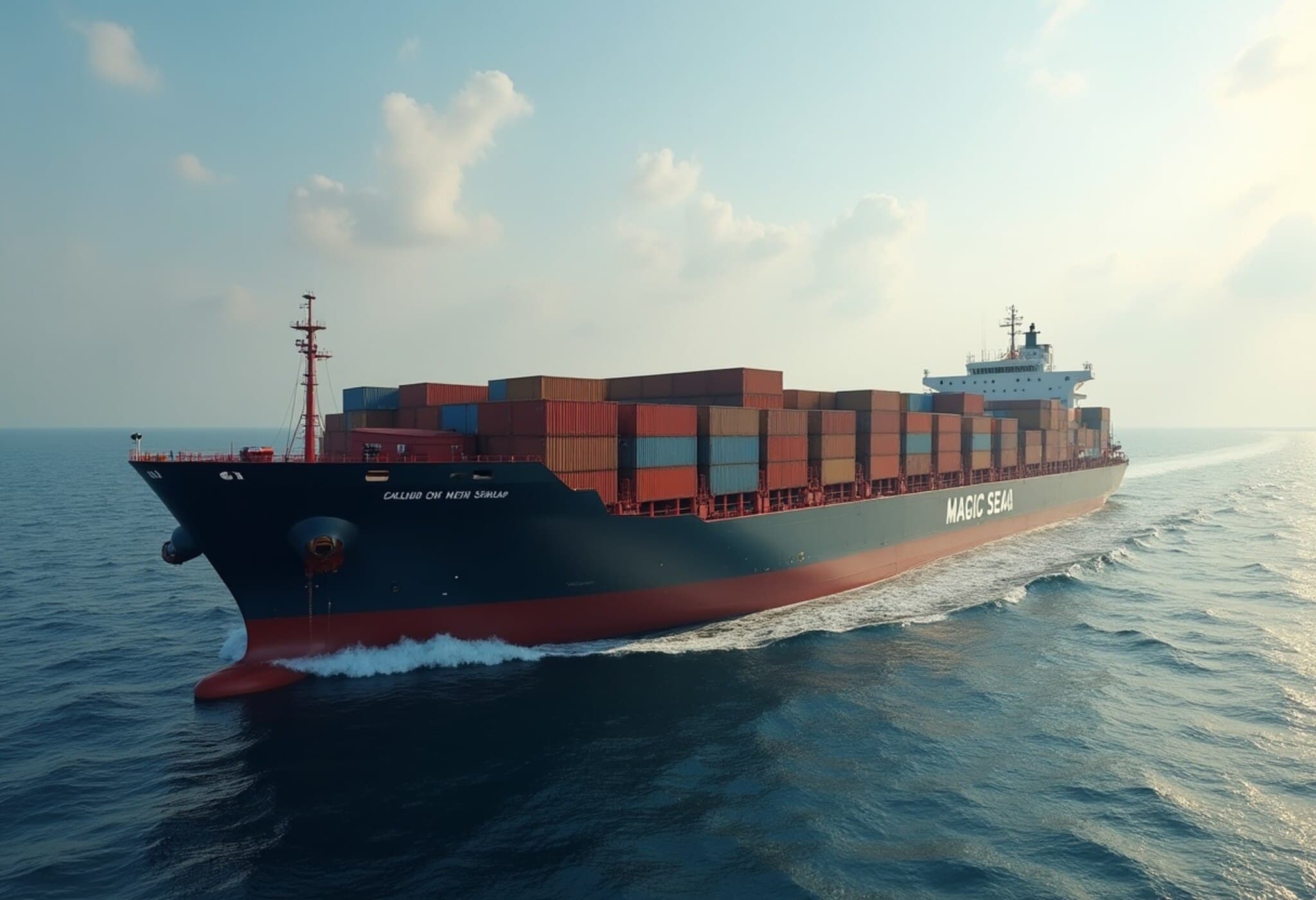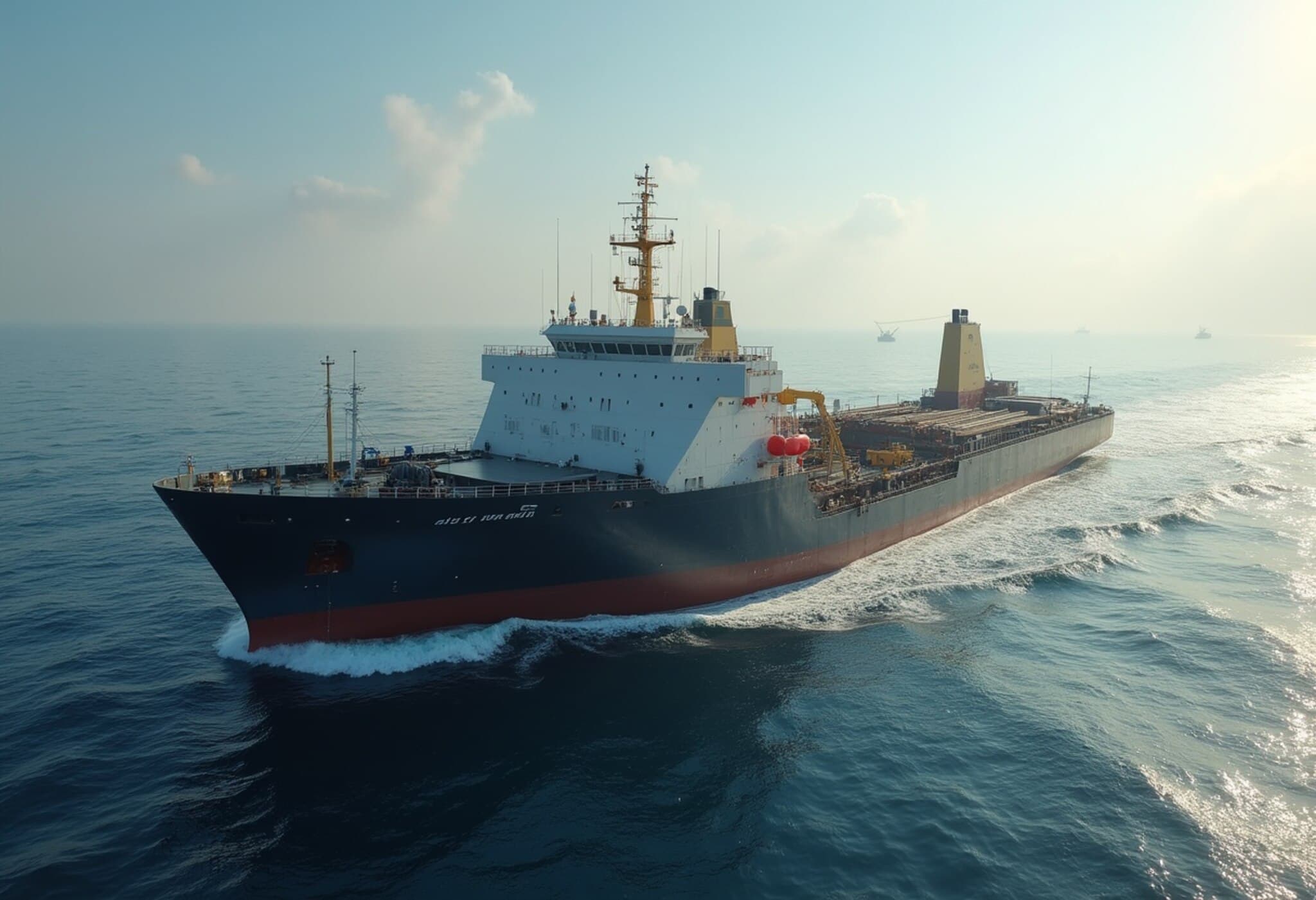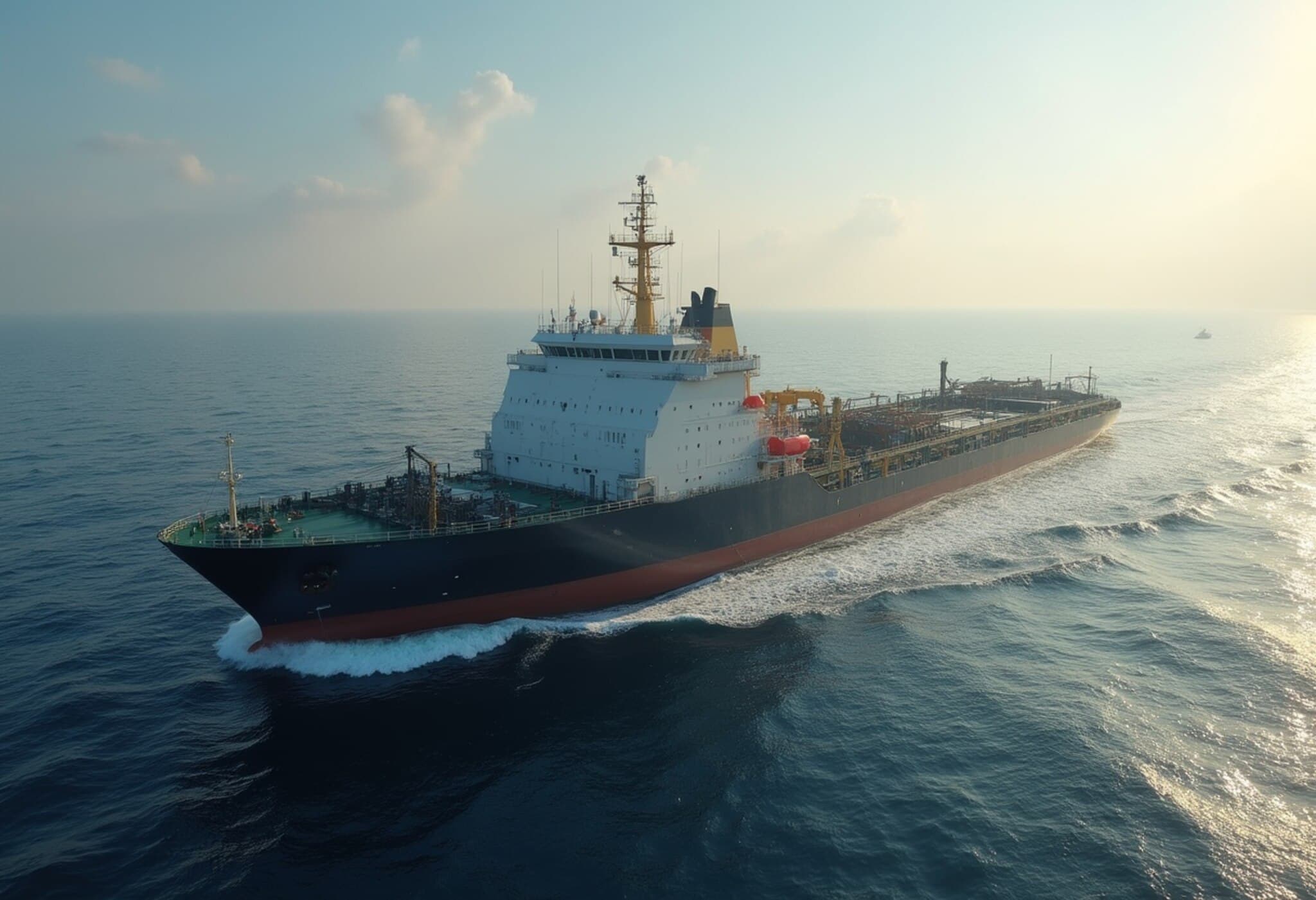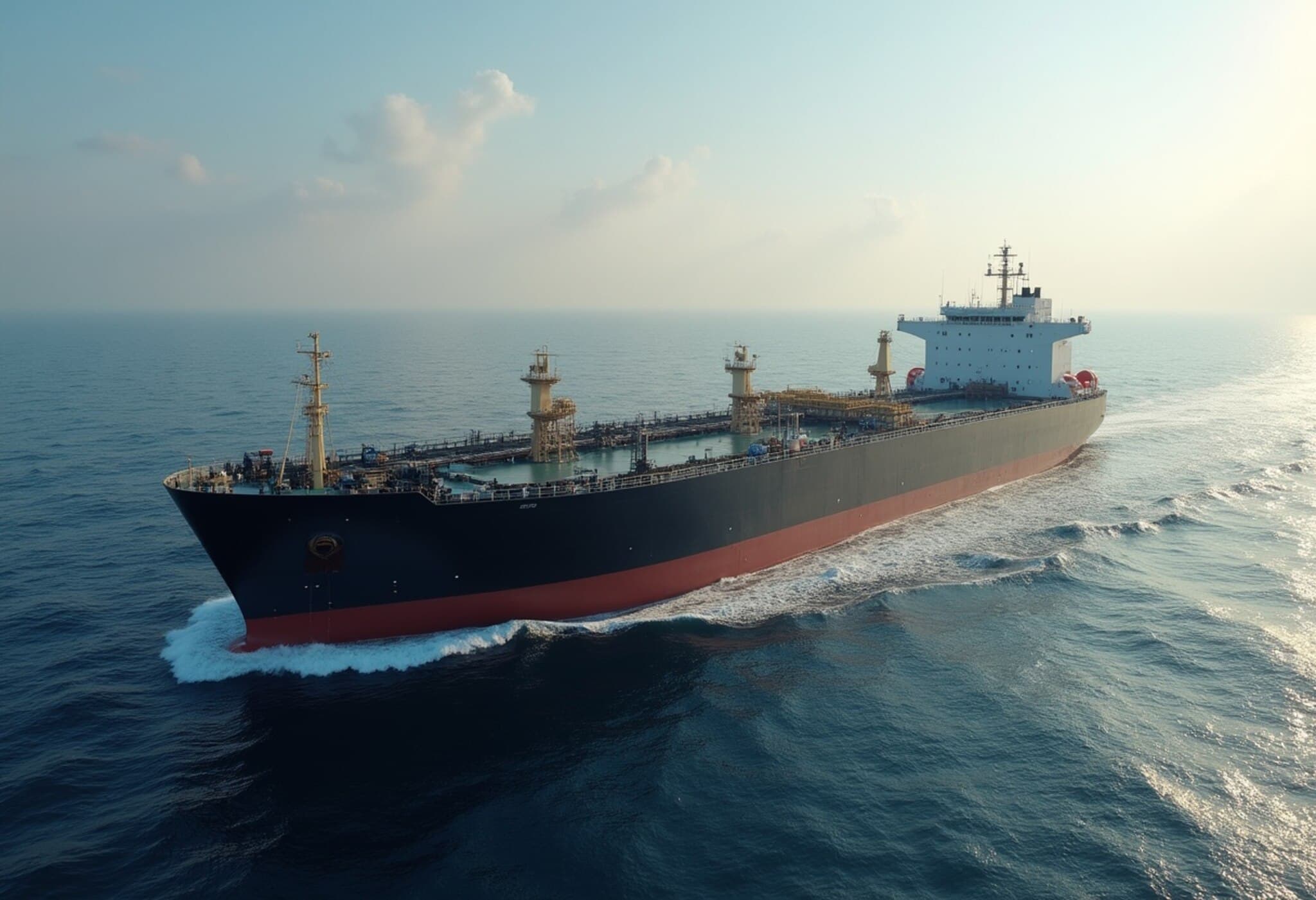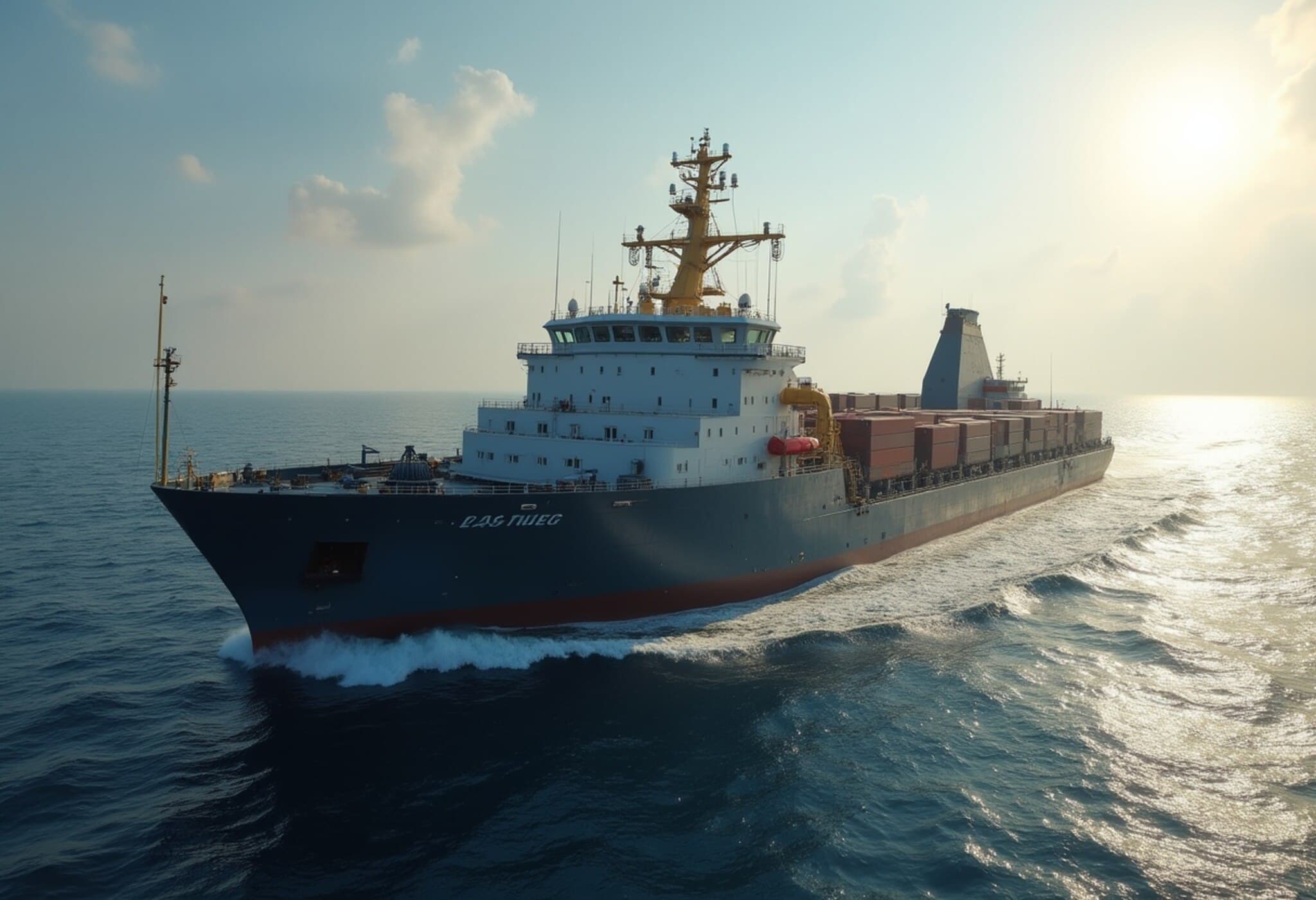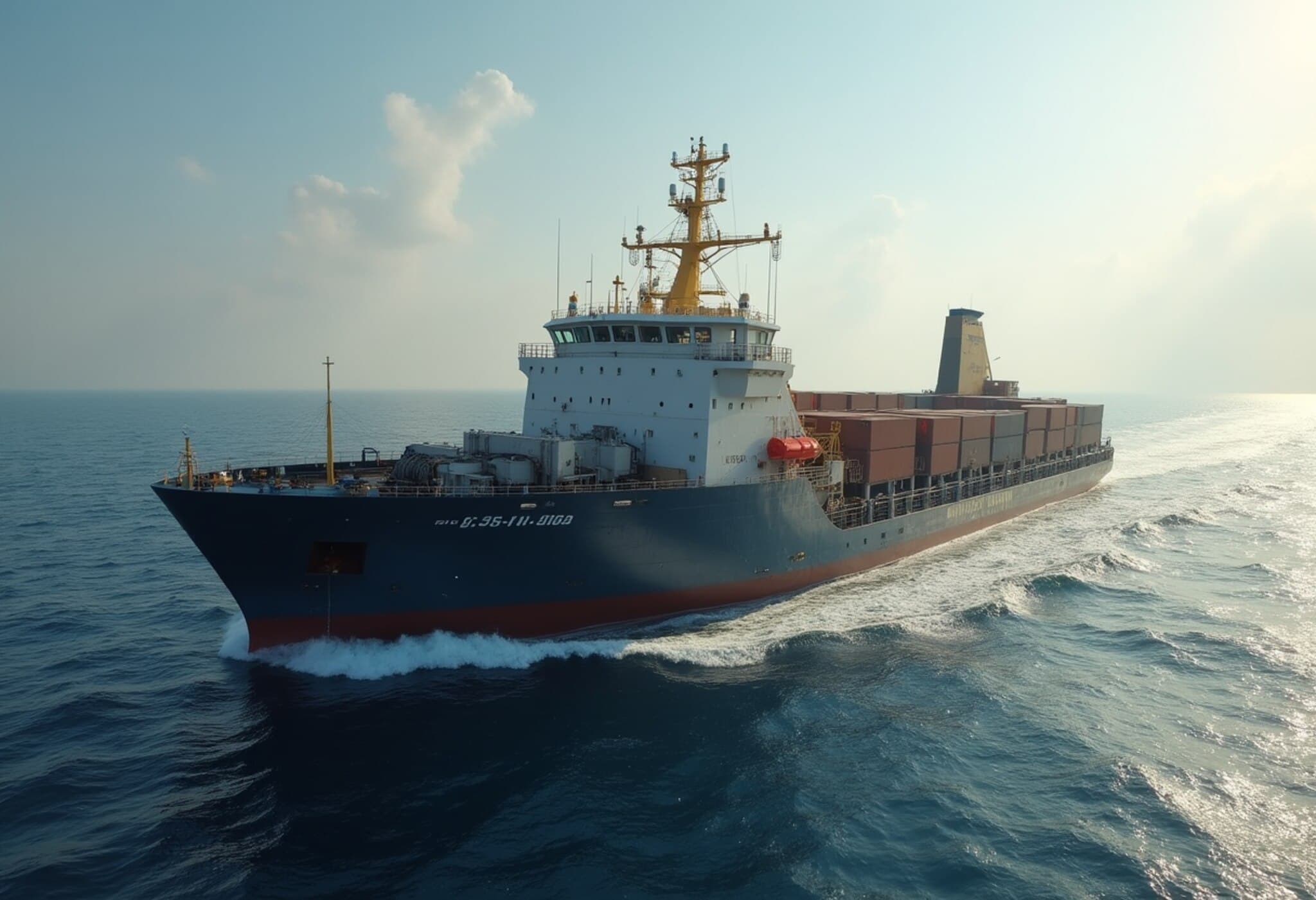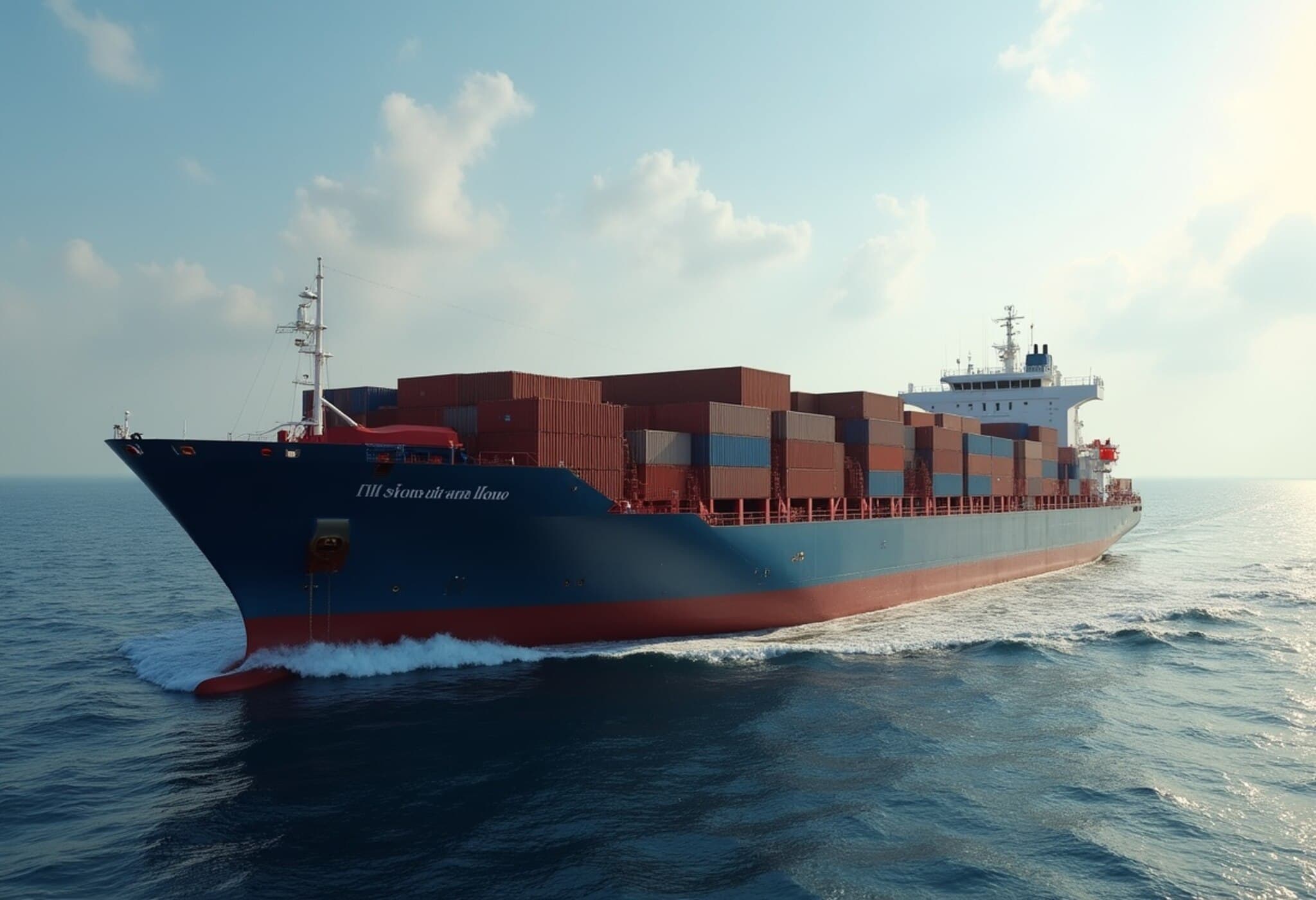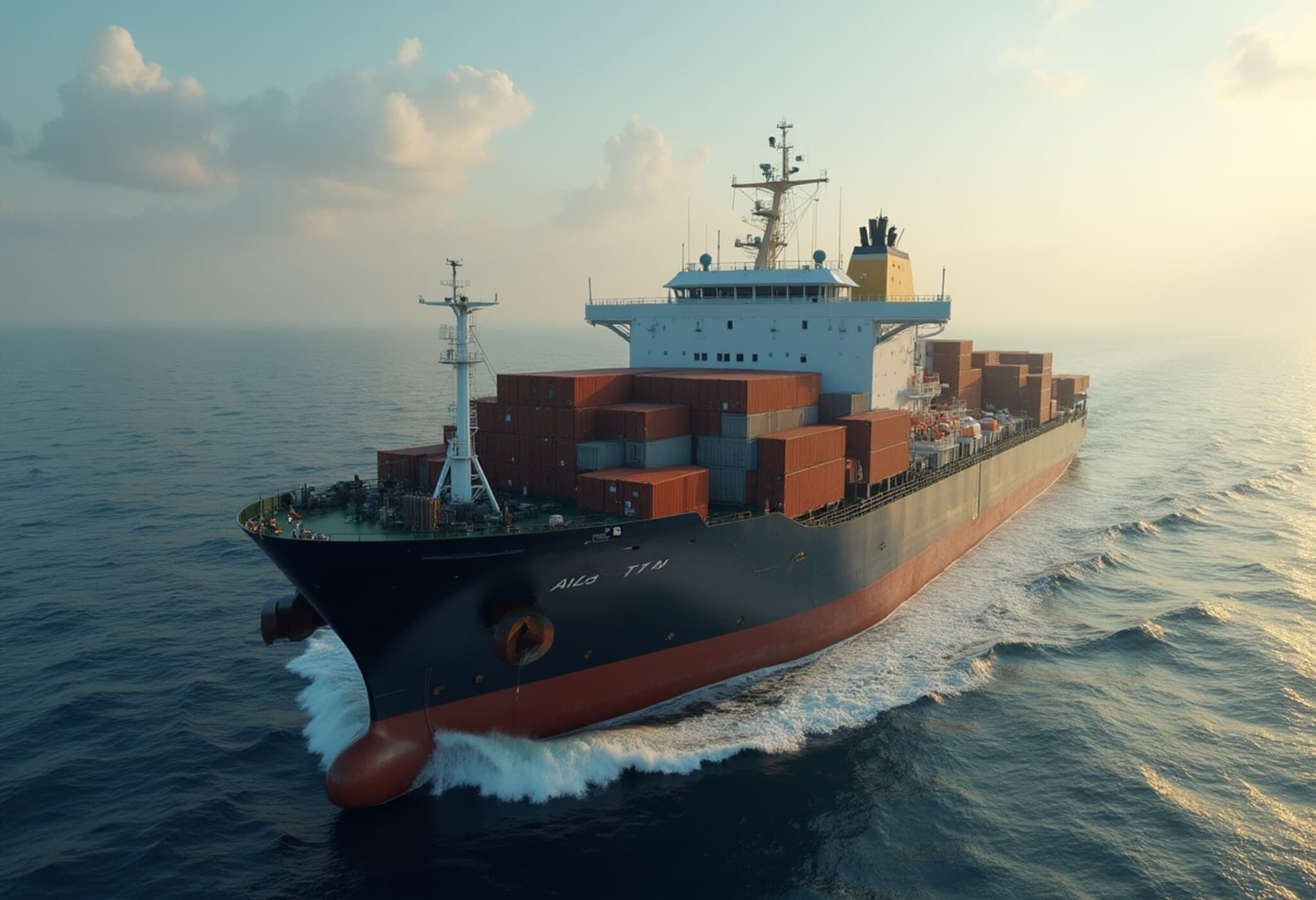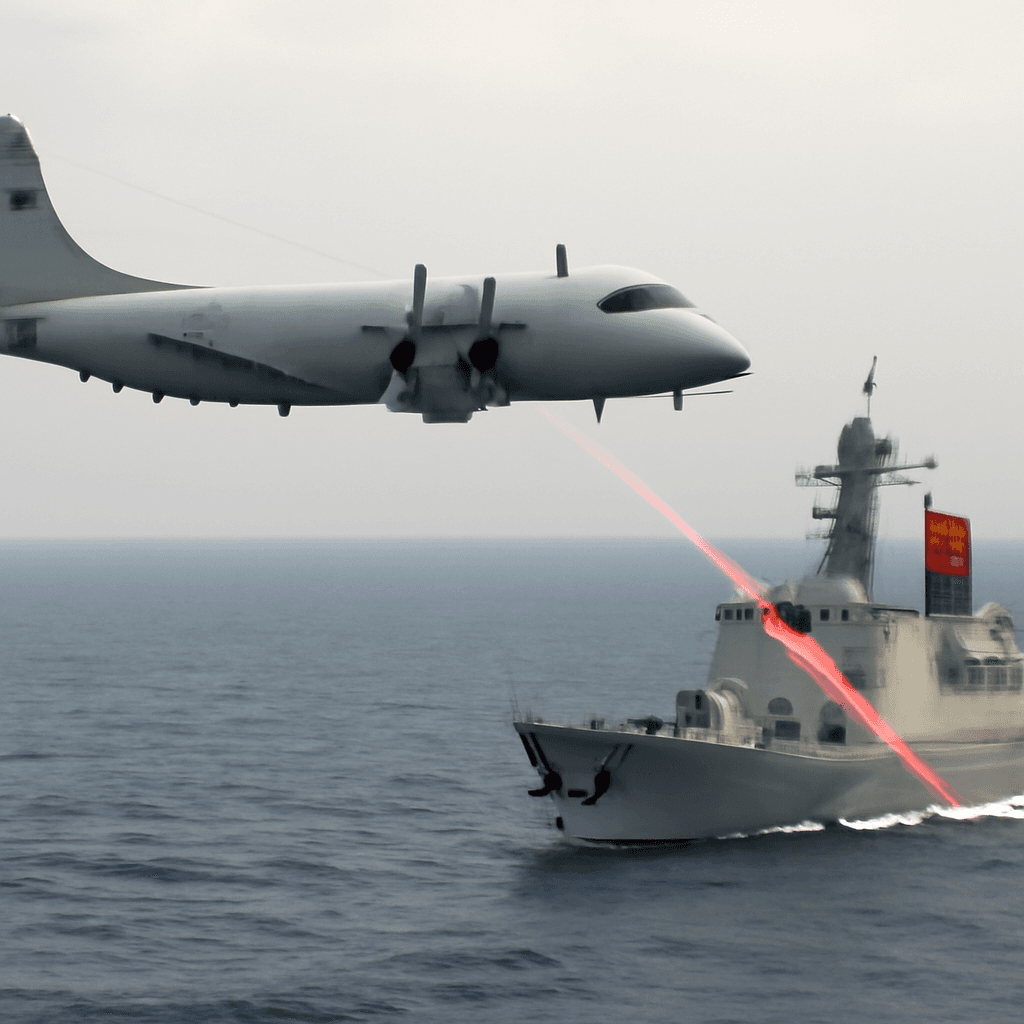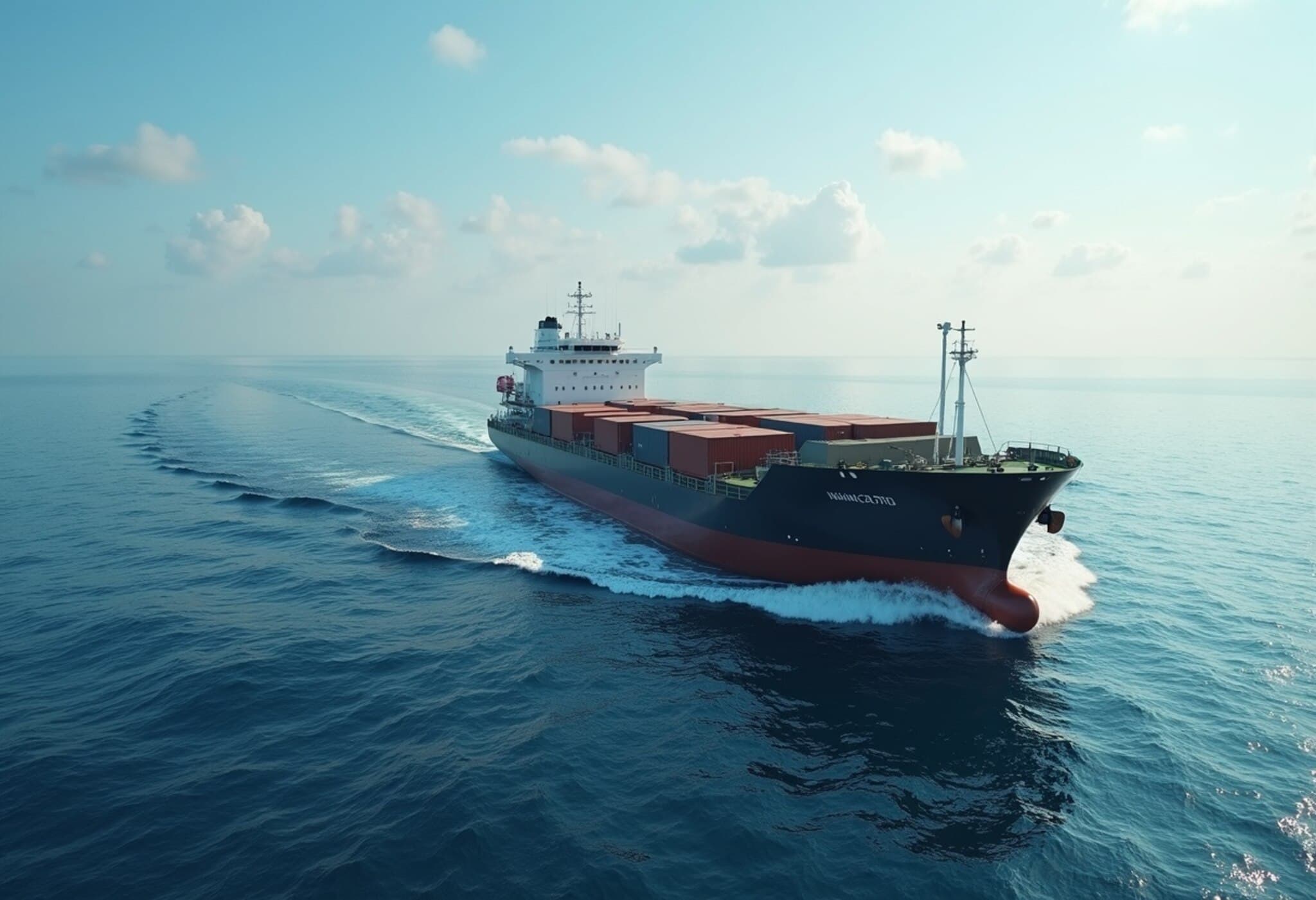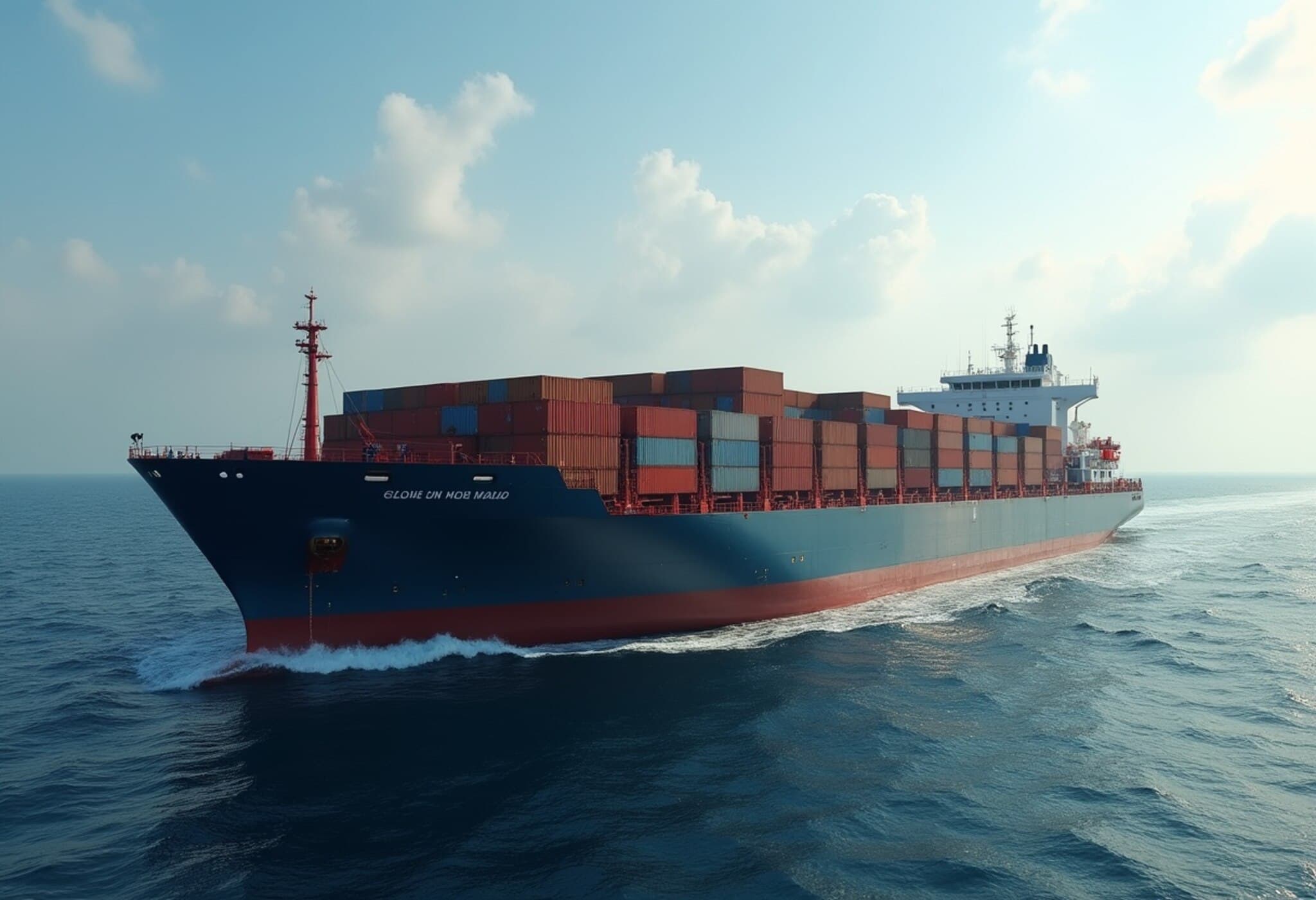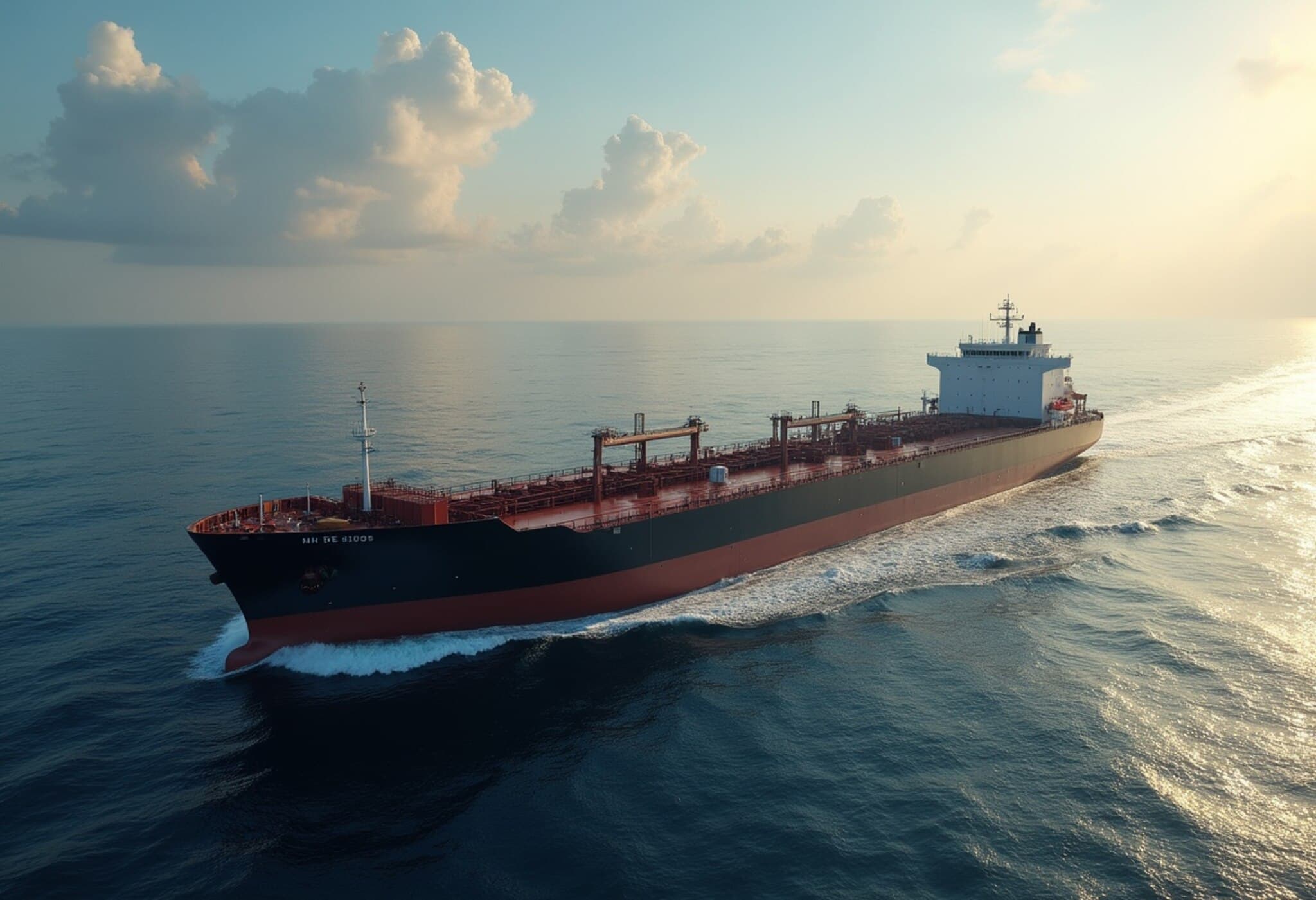Houthi Militants Sink Second Cargo Vessel in Red Sea, Claiming Lives and Raising Global Alarm
In a chilling escalation of tensions across a strategically vital maritime corridor, Yemen’s Iran-aligned Houthi militia has claimed responsibility for sinking a second cargo ship in the Red Sea this week, resulting in four confirmed deaths and 15 crew members missing. This frightening development dismantles months of relative calm and revives urgent concerns over the security of one of the world’s most important shipping lanes.
Rescue Operations and Human Cost
Rescue teams managed to pull six survivors from the water after the cargo ship Eternity C succumbed to attacks that began on Monday and culminated with its sinking Wednesday morning. The crew members endured more than 24 harrowing hours adrift in the sea under life-threatening conditions, underscoring the brutal human cost of this ongoing conflict.
Among the victim count, four crew members aboard the Eternity C have tragically died, marking the first fatalities from such attacks in the Red Sea since mid-2024. The vessel carried a crew mainly composed of 21 Filipinos, one Russian, and three armed security guards from different nationalities, reflecting the international dimension of the crisis.
The Sequence of Attacks and Tactical Details
According to maritime security sources, the Eternity C first suffered an onslaught on Monday afternoon through coordinated strikes involving sea drones and rocket-propelled grenades launched from Houthi-controlled speed boats. Notably, the attackers also destroyed the ship’s lifeboats, limiting the crew’s chances of safe evacuation.
By Tuesday, the vessel was drifting and severely listing. It faced a subsequent wave of drone attacks that forced the remaining crew and armed guards to abandon ship. The Houthis maintained control of the vessel until the early hours of Wednesday, intensifying fears that some crew members might have been abducted amid the chaos, as Houthi skiffs lingered in the vicinity during rescue operations.
Context: Renewed Maritime Hostilities After Months of Quiet
The Houthi militia reignited their maritime offensive following a pause earlier in 2025, resuming a campaign that saw more than 100 ships targeted from late 2023 through 2024. These strikes are publicly framed as expressions of solidarity with Palestinians amid ongoing regional conflicts but have triggered significant international alarm due to the indiscriminate nature of the attacks and their threat to civilian seafarers.
The attack on the Eternity C followed a similar assault on the ship Magic Seas last Sunday. Despite sinking, all crew from the Magic Seas were rescued. Both vessels flew the Liberian flag and were operated by Greek shipping firms, with some sister ships recently visiting Israeli ports, subtly highlighting the complex geopolitical entanglements surrounding this conflict.
Wider Implications for Global Shipping and Regional Security
The Red Sea and the adjacent Bab al-Mandab Strait form a critical artery for global oil and goods transit, linking markets across Europe, Asia, and Africa. The recent attacks have caused a dip in daily vessel traffic, from 43 ships on July 1 to just 30 on July 8, as operators reroute or delay sailings amid mounting security concerns.
Energy markets have responded swiftly, with oil prices maintaining their highest levels since late June, reflective of anxieties over supply disruptions stemming from the maritime instability.
International efforts to safeguard this corridor continue through missions such as the EU’s Aspides naval operation, which confirmed the recovery of the six Eternity C survivors and remains vigilant amid ongoing threats.
Voices from Industry and Experts
Leading shipping associations have condemned the assaults, emphasizing the devastating human toll and calling for reinforced international protection of sea lanes. They warn these attacks represent not only an assault on global commerce but also a direct violation of maritime law and human rights, with innocent seafarers bearing the brunt.
Greece, whose firms operate the targeted vessels, is reportedly engaging diplomatically with regional powers including Saudi Arabia, seeking coordinated responses to stabilize maritime security.
Critical Questions and Emerging Challenges
- What long-term diplomatic strategies can effectively curb militant attacks without escalating regional tensions?
- How can the international community better protect civilian mariners caught in geopolitical crossfires?
- What role should maritime insurance and risk management firms play in mitigating human and economic losses?
- How might these attacks shape future energy prices and global supply chain resilience?
Editor’s Note
The recent Houthi attacks in the Red Sea illuminate the precarious balance between geopolitical conflict and global commerce. Beyond the immediate tragedies, these events invite deeper reflection on how fragile international waterways are to regional disputes and how dependent the global economy remains on stability in such hotspots. With seafarers facing life-threatening dangers and strategic gateways under siege, renewed international collaboration, innovative maritime security approaches, and robust diplomatic efforts have never been more critical.


